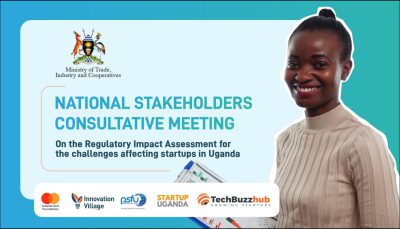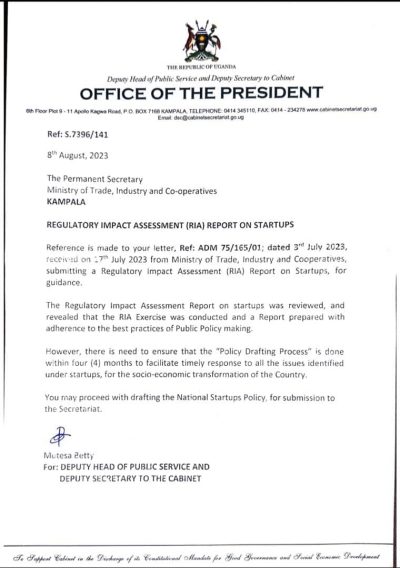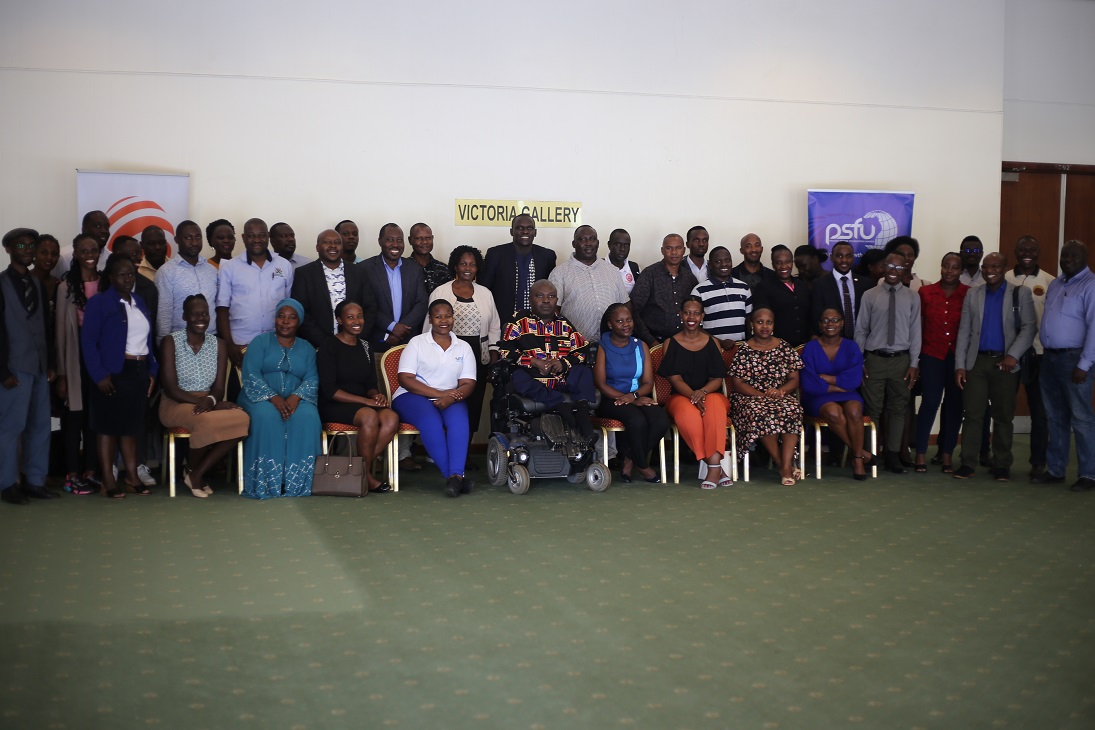Just like so many other countries in Africa, i.e. Tunisia, Algeria, Nigeria, Kenya, Morocco, Rwanda and Egypt that quickly adopted startup policies an
Just like so many other countries in Africa, i.e. Tunisia, Algeria, Nigeria, Kenya, Morocco, Rwanda and Egypt that quickly adopted startup policies and regulations for startups to thrive, Uganda also is on course to create a favorable environment for startups. The genesis of Startup policies started in 2018 when Tunisia first had their approved startup act. Around 1990’s, Finland, Netherlands and Scotland were the first to create entrepreneurship related legislations/policies , which became so prominent globally. The importance of these kinds of legislations are heavily being felt in the 21st Century, forcing many countries to have them.
In Uganda, whereas the startup policy conversations have been ongoing since the last decade when the first Innovation Hub (Hive Colab) came into existence in 2010, the policy process was brought to the attention of government through a High Level Policy Dialogue on the “Relevance of a Startup Policy in Uganda”. Private Sector Foundation Uganda (PSFU) hosted this dialogue on May 30, 2021 at Sheraton Kampala Hotel. The Ministry of Trade Industry and Co-operatives (MTIC) was requested to develop a National Start-Up Policy by the host on behalf of other stakeholders in the ecosystem.
As a result, the MTIC constituted a multisectoral Technical Working Group (TWG) to spearhead the development of interventions geared towards addressing the challenges, which inhibit the establishment, growth and sustained performance of start-ups in Uganda. The TWG comprises of technical members of MTIC, PSFU, Startup Uganda (represented by TechBuzz Hub) and the Innovation Village. This team has been responsible for the preliminary policy research work, which follows the government’s preferred process of policy establishment. This process requires the respective Ministry to generate a Regulatory Impact Assessment (RIA) report which thereafter is submitted to the cabinet secretariat for approval.

In the case of the proposed policy through the RIA is deemed urgent, relevant and important, it is in the mandate of the Cabinet secretariat to approve that the policy development process can start. Though some folks might ask, what is a RIA and why is it important anyway?
As it is a requirement, a Regulatory Impact Assessment Report had to be developed from the comprehensive research of the ecosystem to provide evidence on the right interventions that shall address the existing challenges inhibiting growth of the business startups in Uganda.
This is important to note, facilitating public policy, there is need to consult the Start -up entrepreneurs, especially young people in different sectors of the economy, about the challenges which inhibit their innovations and the possible actions which Government can take to address these challenges. It’s against this background that the TWG went through capacity building trainings, workshops and engagements to be able to understand the startup ecosystem and how it functions. After this, The TWG together with the consultant embanked on nation wide consultations with all relevant stakeholders with the highest consulted group was the Startup Entrepreneurs.
The approved RIA which led to GO-AHEAD to the development of the Startup Policy comes with a lot of urgency (as guided by the Cabinet secretariat) for so many reasons like need to solve the challenges that the RIA identified, among others. The decision of the cabinet secretariat was premised on “The Regulatory Impact Assessment (RIA) report on Startups revealed that the RIA Exercise was conducted and a report prepared with adherence to the best practices of Public Policy Making”).

The RIA referred is a comprehensive research process (took 21 months of participatory research by the Technical working group (TWG) and the Consultant) which in the end was accepted by the ministry of Trade, industry, and cooperatives after which they submitted it to the Laws Drafting body of government called the Cabinet Secretariat.
Post to be continued…

COMMENTS